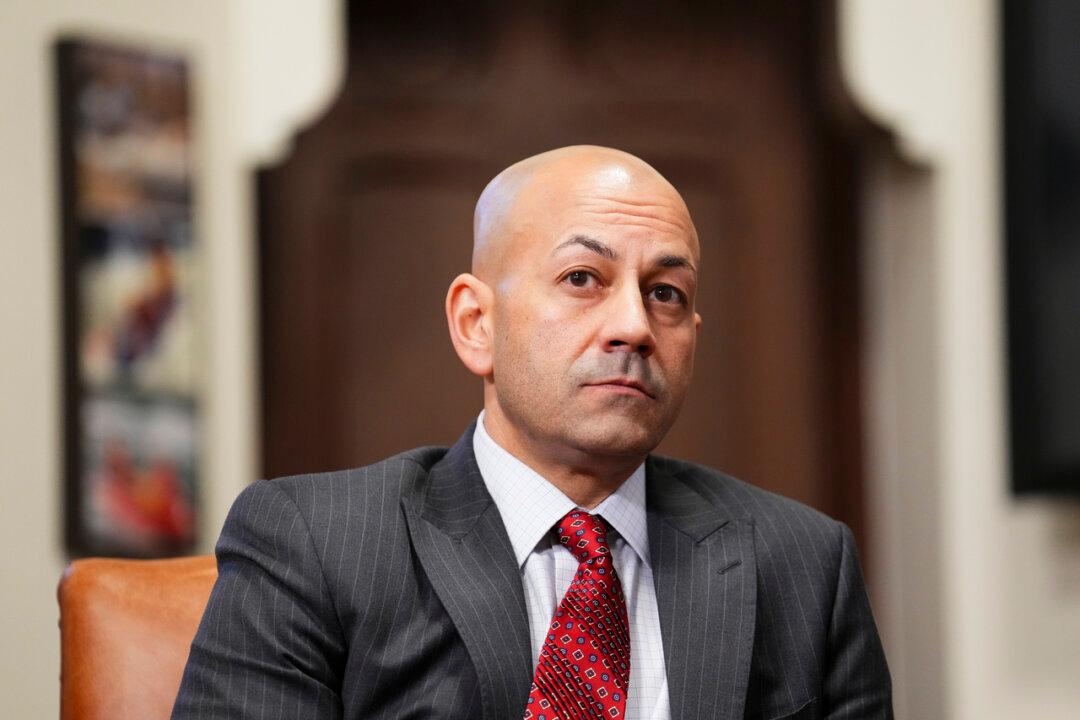A Yukon mine could soon be supplying tungsten for U.S. artillery following a joint funding pledge from Ottawa and the U.S. Department of Defense.
Ottawa announced on Dec. 13 it would put $12.9-million into Fireweed Metals Corp. for the Mactung mine, located on the border of Yukon and the Northwest Territories. The project will also receive US$15.8 million (roughly CAD $22.1 million) from the U.S. Department of Defense, the release said.





